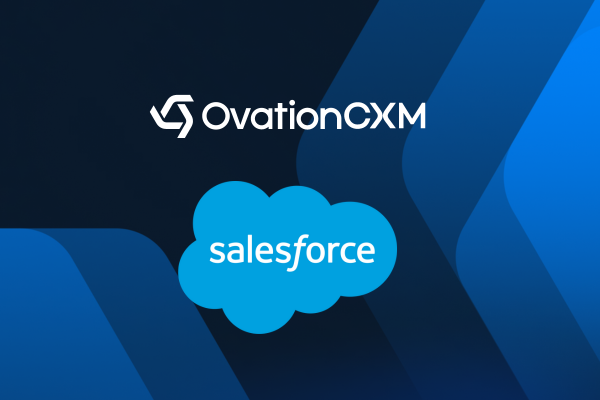Adaptation & Consistency
Times change, sometimes faster than we’d like them to, and often in ways that might be hard to predict. Any business that’s interested in staying afloat knows this, and thus has to adapt its business model accordingly, simultaneously growing as technology progresses. Adaptation is the key not only to survival, but to flourishing. Knowing that a company can grow and change while simultaneously honoring that company’s original mission and vision are the hallmarks of a successful & long life for that enterprise.
Consistency doesn’t have to be sacrificed at the altar of change, because the most important things for a company to remain consistent on are its values. Why did this company come into being in the first place? What problem is it solving? In fact, if companies aren’t able to adapt, they are in fact sacrificing their ability to consistently deliver on their founding promises. Companies are only ever inconsistent (and unreliable) if they don’t recognize their opportunities for growth and change and fail to capitalize on them.
Evolution
Sequential adaptations over time signify an organization’s overall evolution. New stressors and challenges will always arise, and as organizations adapt to meet those challenges, they move further along their own unique evolutionary path. Those best poised to survive have an evolutionary mindset - knowing that they must grow and change as the world around them does. Those that are adamantly opposed to change will find that their efforts are not only futile, but ultimately fatal. One needs to look no further than the contrast between Netflix and Blockbuster to know this to be true.
As streaming has revolutionized the way in which we all consume media, so too have the fintechs revolutionized how we pay for things. They are largely positioned as one stop shops for everything related to merchant services, and are even encroaching further on traditional banking territory by providing checking accounts and credit lines. Banks, being mindful of the fact that they not only need to evolve in order to stay competitive, need to think deeply about what is preventing them from gaining a larger share of the merchant service market. They need to focus on how they can remain competitive with the fintechs and consistently deliver on their values, or risk extinction.
Growing Up
When people grow, they gain new responsibilities and roles, and with them, new rewards and opportunities. The same goes for companies - for instance, Nintendo, which started out as a card game company in 1889. Over the next 130 years, it would adapt multiple times, in the process becoming a toy manufacturer, and eventually, the world’s preeminent videogaming company, with some of its trademark brands and characters, becoming iconic in and of themselves. Their founding mission was to provide games & entertainment, and have consistently been able to deliver on that mission by evolving across time. If they had stuck to the cards, they’d have gone under.
We know all of this from our own evolution as well. Boomtown’s founding principle and core value is to help businesses flourish by delivering excellent customer experiences. We started out by helping restaurants and retailers through complicated Point-of-Sale installation processes with field and remote services. In time, we built a proprietary software product that we use internally to ensure that our team members can work efficiently and deliver excellent support experiences. Seeing the potential for the product to help enterprises across industries, particularly in the world of financial services, we decided to bring our product to market. We know that we will only be able to consistently deliver on our vision and mission by making sure that other organizations can follow a similar path, and we are committed to helping them get there.





